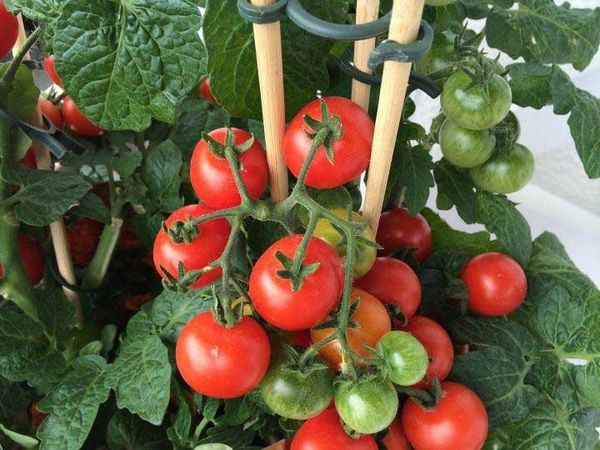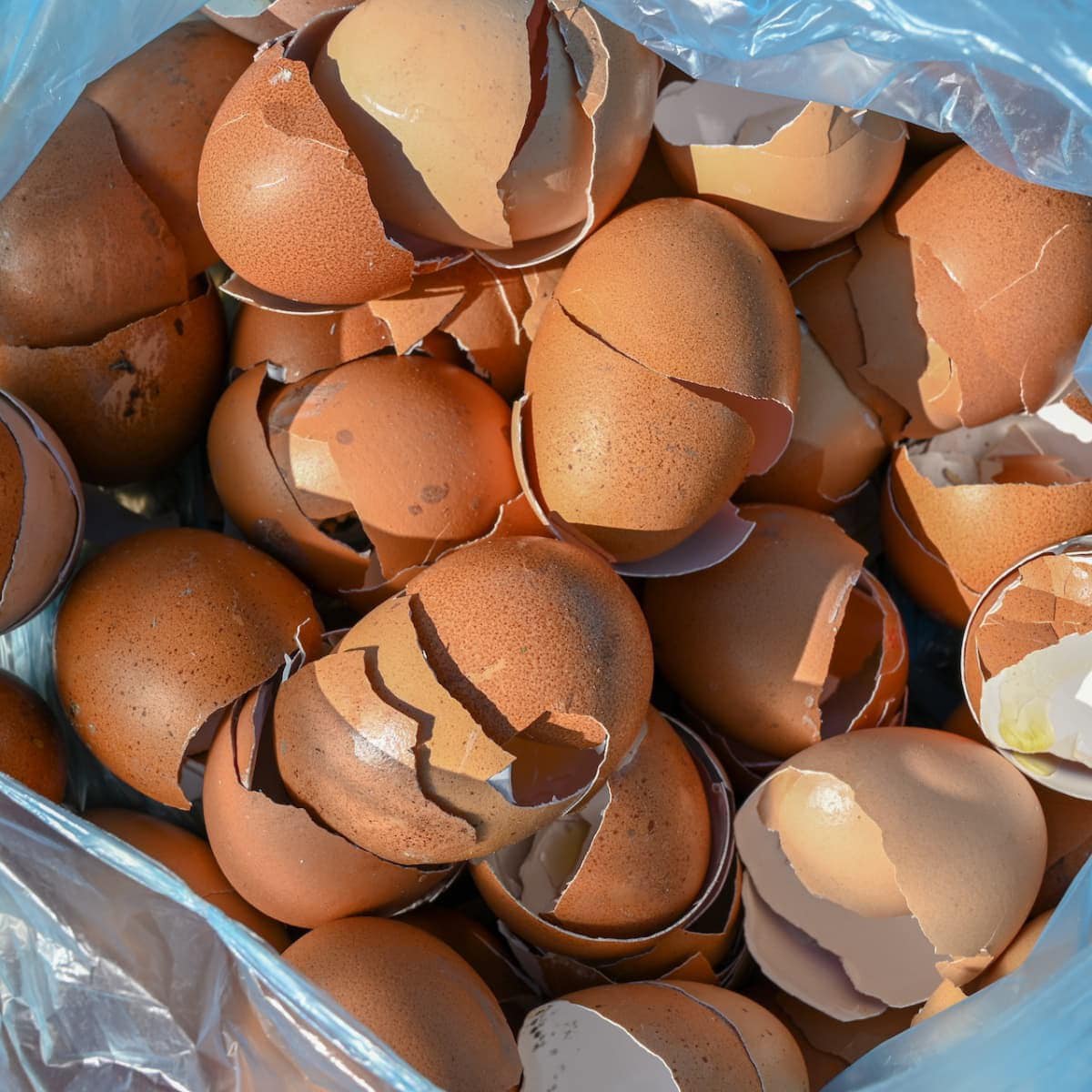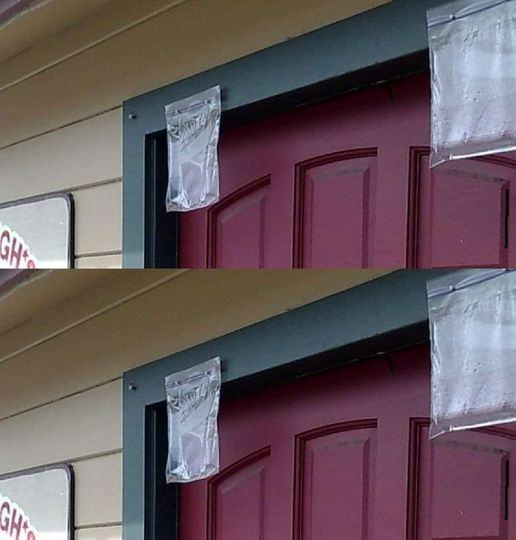Hold on to the eggshells! This is why it’s good to keep them.
Here are a few focal points that egg shells give on the off chance that you’re one of those people who adores eggs for breakfast and eats them habitually. See why you ought to never once again toss eggshells in the trash by perusing the article below.
Eggshells could be the reply if slugs, worms, and snails are regular garden visitors who eat your blooms and murder the plant. All you have to do is cover the plants with pulverized eggshells, and you’ll soon take note of an alter. It turns out that the scent of eggshells repels these creatures, so you won’t see them in your yard anymore.

Eggshells are a deer repellent, rather like creepy crawlies. Utilizing this tip may offer assistance in keeping deer away from your plants, which they tend to destroy on the off chance that you live in a lush locale where they are visiting.
A few animals discover the eggshells ghastly; others discover them to be a great charm. If you scramble eggshells over your yard, you’ll see a run of feathered companions getting a charge out of their favorite nibble. Fowls revere eggshells. Usually, a charming approach is to draw feathered creatures, who prevent unattractive creepy crawlies in addition to brightening people’s days with their excellent appearance and charming tweets.

Utilizing eggshell cleaning or arrangement as fertilizer could be a sustainable way to repurpose materials that would otherwise end up in your local landfill.
Their calcium carbonate substance normally lowers the pH of your soil, which is sweet for plants that like lower pH conditions. Due to this alteration, the soil gets more soluble, and these plants are way better able to assimilate supplements.

Eggshells contain calcium carbonate, which can help plants that are vulnerable to calcium deficiencies—like tomatoes, eggplants, and peppers—by reducing their chance of blooming and decay. Smashed eggshells included in the soil will keep the vegetables colorful, full, and flavorful.

A cultivation master with the College of Illinois Expansion focuses on the fact that research conducted in nurseries with plants developing in pots has illustrated that including eggshells in the soil can raise its pH. The gigantic volume of soil in a terrace plant is exceptionally distinctive from the minor amount of soil in a pot. The typical homeowner isn’t likely to be able to create sufficient eggshells to extend the pH of their soil.

Eggshells and citrus peels break down steadily in a compost heap or holder, which makes pulverized eggshell fabric perfect for composting. They add supplements and minerals to the compost fabric as they break it down and upgrade it.
Wash the shells well to expel any crude egg buildup from some recent composting. The decomposition process is quickened when they are broken down into crushed shells because smaller fragments break down faster than entire eggs.
Did you know about this method?






